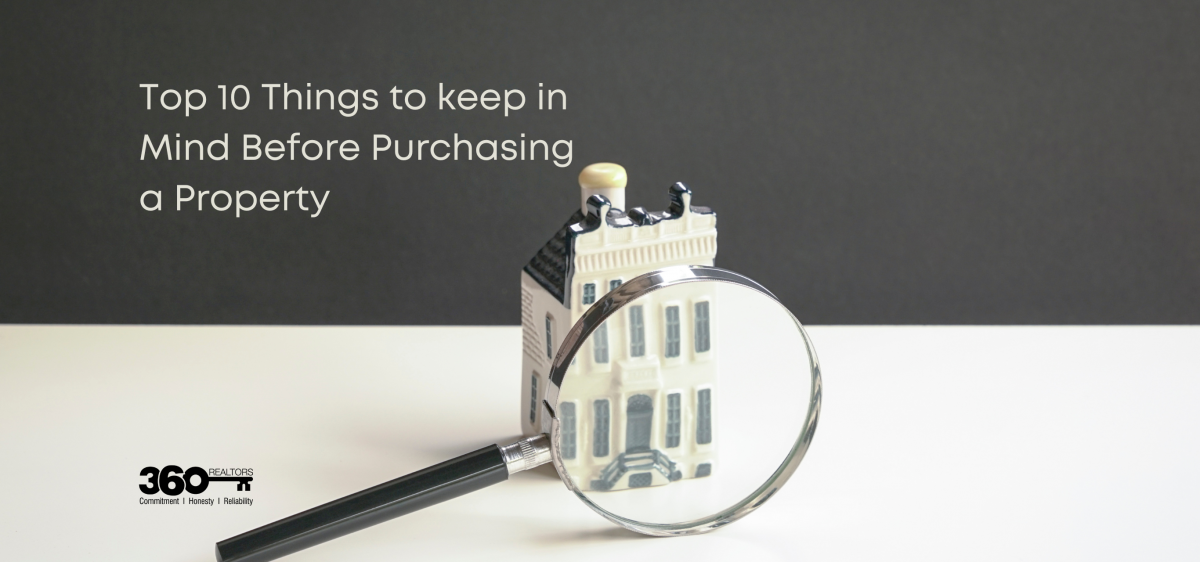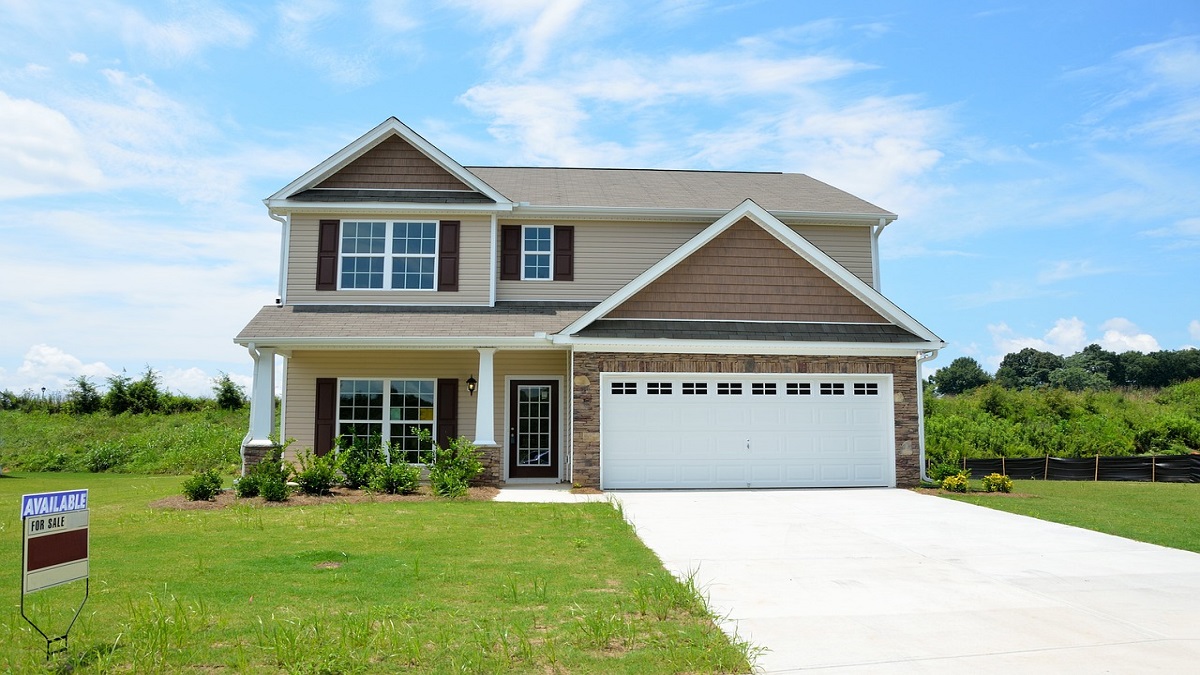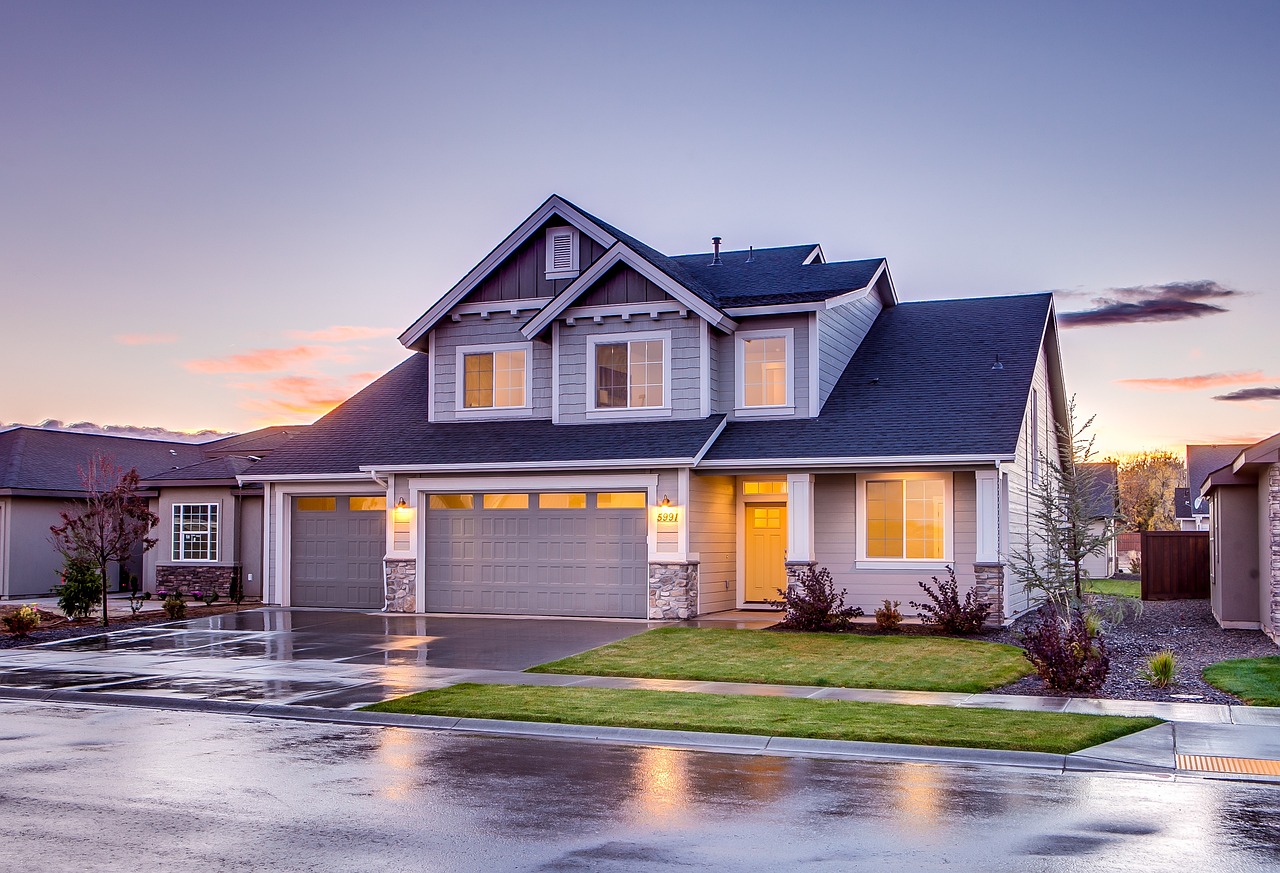Rohan Ekam
RERABy Rohan Builders
Pune , Balewadi
2,3,4 BHK
870 SQ. FT.
1.12 Cr*
Contact21 August, 2023

Considering potential returns, real estate investments are one of the best avenues in India. When you think of purchasing property, it’s imperative to research and make the right decision. Remember, a wrong financial decision while purchasing a property can take a toll on your finances. Therefore, it is important to consider every step with vigilance when you plan to purchase a property.
In this post, we have compiled all the aspects you should consider while buying a house. Keeping this checklist in mind, you can streamline the process significantly.
Property owners need to consider several factors before investing in a house. Here is a complete guideline with a checklist that would help you make the right purchase decision.
In the first place, you need to create a budget before you proceed to purchase a property. This is considered to be a stepping stone. Before you make any big investment, proper planning is imperative.
So, take note of every expense you have and consider your income. Thus, you will be able to compute the savings that would be left with you at the end of each month. Now decide the EMI that you can pay from this savings. Accordingly, you can calculate the corresponding loan amount that you should apply for. Also, check out your existing savings and find out how much you can pay for a down payment. Accordingly, you need to set a budget for buying a house.
Once you decide the budget, work on arranging your finances. The down payment would be quite big if you are planning to purchase an independent home or a plot. Therefore, fund management is crucial before you invest in a property.
Getting a home loan to purchase an independent apartment is easier. However, the process involves a lot of documentation and other formalities. Therefore, it would be wise to consult a loan officer, so that you get an idea of the eligible loan amount. These professionals can also help you understand the rate of interest and necessary documents. This way, you can assess whether you can comfortably shell out your EMI.
Next, choose the right location where you want to purchase the property. In certain locations, purchasing a property can be more lucrative compared to others. Also, consider the infrastructure projects in the close proximity that enhances the quality of lifestyle.
The location of a property largely determines its price when you sell it off. In case you decide to put the property on rent, the location would decide your monthly rent. Therefore, before investing, evaluate the growth potential of the locality and the condition of the real estate market. Bustling areas close to the market of places with ongoing infrastructure projects are likely to enjoy a spike in property prices.
The quality of construction goes a long way in determining the longevity of the property. Whether you are planning to purchase an apartment or an independent home, buy it from a reputed builder. Go for a developer known for their quality of construction. Even if a property seems to look attractive from the outside, it’s imperative to understand the quality of materials used in the process. The last thing you would want is to experience an ordeal with seeping water through roofs and walls after a few years.

The consistency of power and water supply in your home goes a long way in determining your comfort. Whether you purchase a house in the affordable range or the luxury category, consider the availability of power and water supply. You won’t like residing in a locality experiencing frequent power cuts. Neither would you like to live in a gated community without water backup. Reputed property agents can help you find reliable houses across different categories where you can benefit from consistent power and water supply.
Also Read | What are the top 10 places to live with family in Noida?
Before you proceed to buying a property, make sure to check out the necessary furnishings and renovations. For instance, you might be purchasing a semi-furnished apartment. In this case, some furnishings may be necessary to deliver a complete and polished look to the property. Besides, when you purchase a home from an existing owner or go for a resale property, you may want to customize the interiors as per your lifestyle. So, factor in the cost that you need to labourers, architects, and contractors.
When you decide to purchase a property, check out the availability of parking spaces. In case you get a flat in a gated community, you are likely to get a parking facility in the same complex. These facilities may come as a part of the deal, or you may have to purchase or rent the space separately. Therefore, you need to allocate a separate budget for parking.
In case you planning to get an independent house without parking space in the property, look out for adjoining areas where you can park your car.
While buying a house, consider the social infrastructure around the complex. For instance, it would be convenient for you to reside in a locality from where you can easily get across to reputed schools, markets, hospitals, and banks. Also, consider the social infrastructure, that includes parks, shopping malls, and gyms. This would enhance the quality of lifestyle, given that you can seamlessly get across to these places as required.
Once you check out the social infrastructure, consider the connectivity of the property to your workplace. Besides, it’s wise to buy a house in a locality from where you can reach the places of interest around the city. Consider the traffic situation and the network of roads, so that you can easily navigate to other parts of the city.
The reputation of the builder is one of the frequently overlooked aspects while purchasing a property. While many developers fail to deliver projects within the promised timeframe, others may not ensure quality construction. This explains why property buyers count on agents, who recommend reputed builders in each locality.
Apart from these aspects, responsible developers are transparent with legalities and the documentation process. Therefore, it is imperative to check the track record and reputation of the developer before you proceed to purchasing property from them.
Now, let’s take a look at some of the other details and important financial aspects before investing in a property.

Well, most homeowners tend to overlook some associated charges while purchasing property. For instance, property buyers need to shell out registration charges and a stamp duty as well along with the property value. This is a substantial amount, and varies from one state to another. Therefore, you need to consider the location of the property to determine how much you should put aside. Make sure to factor in the registration charges and stamp duty fee when you create your budget.
It’s wise to get your property insured against damage or loss. So, you need to factor in this cost in your budget as well. Different insurers offer affordable property insurance policies. It’s important to understand the formalities along with the terms and conditions before purchasing the property.
Given that purchasing a property involves a complex process, make sure to know the other costs involved. Therefore, it is wise to consult professionals when you decide to purchase a property. This would save you a significant amount of time and hassles later on. Real estate agents can also help you in the process. Besides, you may have to shell out money for lawyers, notaries, and property inspectors. Consider all these associated expenses when you purchase your property.
On the other hand, if you decide to purchase an independent apartment, factor in the expenses for security services too. After buying a house, you need to pay property tax annually.
Also Read | What is the difference between Flat and Apartment | Flat vs Apartment
Now that you know the formalities for purchasing your house, let’s take a look at the list of documents necessary. This list might slightly vary, depending on whether you are purchasing a residential property or a commercial one. Understanding the documentation process beforehand is important. This ensures that you don’t get stuck while finalizing your deal. Here are some common documents you would need while purchasing property in any location.
This is the most vital document necessary for purchasing a property. This document gets transferred to the buyer by the seller. It clearly declares the change in ownership of the property. Legally, you would become the owner of the house only when you complete this formality. This document has to be registered with the respective registrar. Even when you apply for a home loan, the sales deed would come in handy. Besides, you would need this document when you decide to sell off the property after a few years. Therefore, you must carefully store the sales deed.
The builder allots a letter to the property buyer when the person applies for a home loan. The allotment letter comes with information related to the down payment that you make. This assures that you are applying for a reasonable loan, and the bank can confidently proceed with the process.
The khata certificate serves as proof that the property has been developed as per the approved construction plan. Besides, this document certifies that the property is mentioned in the record of the municipality. This is also known as the extract. If you decide to take a home loan, you may have to produce the khata certificate. It is also necessary during the process of property registration.
While buying a property, several NOC certificates are necessary. These include NOCs from departments like water supply, electric supply, and other government approvals.
The buyer should obtain a possession letter, that serves as a proof that the seller has delivered the property. Besides, the seller must obtain the original receipt of payment.
As a property buyer, you may appoint a legal representative for the property. This person has the right to make decisions related to the property on the behalf of the buyer. If the buyer appoints a representative, the person may get this power.
A rectification deed might be necessary when any modification has to be made in the Principal Clause. This may be required if the need arises. This deed is also known as the supplementary agreement.
Also Read | Cleanest Cities in India & their Real Estate Opportunities
The buyer has to obtain an approved building plan for the property from the statutory body. This document verifies that the construction has been completed as per legal rules.
Some of the other documents you would need include the occupancy certificate and mutation register extracts. After the property construction is completed, this certificate is provided when the house is ready to be occupied. Among other necessary documents, you have the completion certificate, encumbrance certificate, and the joint development agreement.
Several steps are involved in the property-buying process. Therefore, you need proper planning to stay on the right track. This checklist will help you brace up for a smooth process for purchasing property. Once you set up the budget, look out for a property at a suitable location. Then assess your eligibility for loan and consult a real estate agent for proper recommendations on reliable developers. Check the amenities present in the project and connectivity in the region.
Next, move on to the documentation process and carefully understand the legalities and tax requirements. With a methodical approach, you can enjoy a seamless experience while buying a house. Remember, a home involves a substantial investment, so make sure to plan the purchase strategically.
Choosing the right location for your property purchase is crucial for potential returns and convenience. A property's location not only affects its price but also determines factors like rental income and ease of daily living. Factors such as nearby infrastructure projects, growth potential of the locality, and proximity to essential services play a crucial role in making an informed decision.
The reputation of the builder goes a long way in impacting the quality of construction and timely delivery. Opting for a reputed builder with a track record of delivering projects on time and maintaining construction quality can is highly recommended. It's also advisable to research and choose a builder known for their transparency and commitment to quality.
In addition to the purchase price of the property, there are several other costs to consider, including stamp duty, registration charges, property insurance, legal fees, notary charges, and property tax. These costs can vary, depending on the location and type of property. Factoring in these expenses while budgeting keeps unpleasant surprises at bay.
When purchasing property in India, you need to ensure you have essential documents like the sales deed, allotment letter, khata certificate, possession letter, payment receipt, and NOCs (No Objection Certificates). These documents are necessary to authenticate the ownership, legality, and the completion of necessary formalities. Also, make sure to keep these documents safely for future reference and transactions.
Find Your Perfect Property